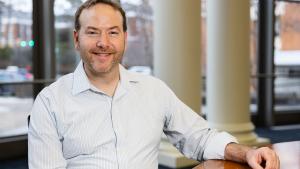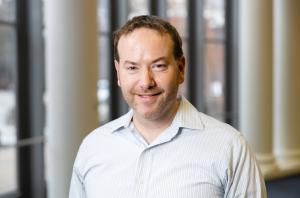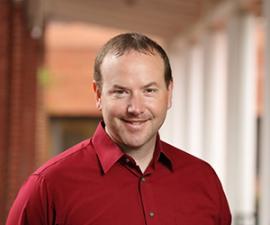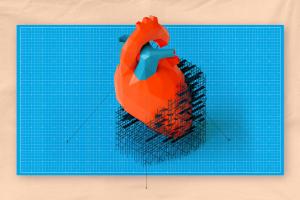Jeff Saucerman, Ph.D.

About
Our lab combines computational modeling and high-throughput experiments to discover molecular networks and drugs that control cardiac remodeling. Our experimental approaches include high-throughput microscopy and -omic profiling of various types of primary and induced pluripotent stem cell (iPSC)-derived cardiac cells (e.g. cardiomyocytes, fibroblasts, macrophages). Our computational approaches include large-scale modeling of signaling/gene regulatory networks, machine learning on -omic data, and mining of electronic health records. Specific application areas include:
- cardiac hypertrophy, survival, and regeneration
- cardiac development
- inflammation-fibrosis coupling
Education
Ph.D. in Bioengineering, University of California San Diego, 2005
B.S. in Engineering Science, Pennsylvania State University, 2000
We are mapping the complex networks that control heart function and failure.
Research Interests
Selected Publications
Courses Taught
Awards
Featured Grants & Projects



